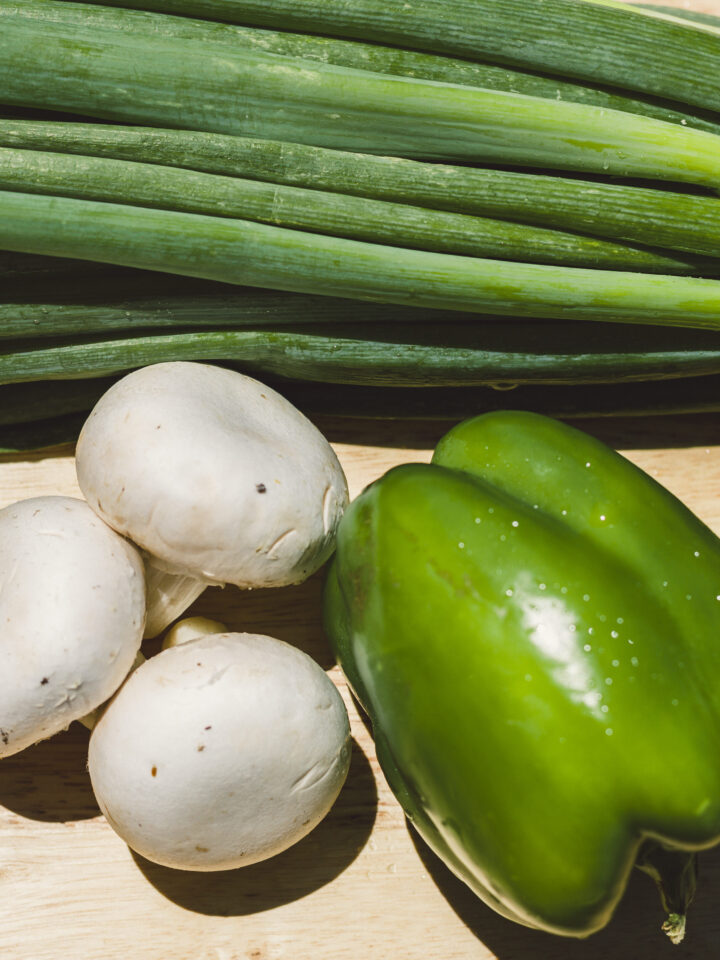Slow Food is not just a movement; it's a way of life—a commitment to the community, cultural heritage, and responsible consumption. Originating from Italy, the movement came about as a response to the rise of fast life and the encroaching disappearance of local food cultures and traditions. It advocates for biodiversity, cultural diversity, and sustainability within the global food system.

In the 1980s, amidst the backdrop of bustling cities, activists in Italy, spearheaded by Carlo Petrini, rallied against the standardization of taste and the dominance of fast-food chains. They celebrated not just the joy of food but its journey from seed to plate—something utterly lost in the oppressive globalized food systems of the time. Slow Food was not merely about eating but understanding the narrative behind each meal, from farmers' labor to the ecosystems nurturing the ingredients.
The Mission of Slow Food

Slow Food USA and its network of local chapters have taken on a mission larger than just serving good, fair Food. It's a continuous pursuit of justice for food producers, communities, and the planet. They prioritize direct support to local communities, encouraging knowledge exchange between farmers, chefs, and consumers.
By advocating for nutritious and delicious Food produced through methods that promote ecological balance, Slow Food provides a delicious counter to the easily accessible yet often nutritionally vacuous offerings of fast Food. The movement's commitment to local chapters ensures that actions remain grounded in the needs and specifics of their respective communities.
Ark of Taste and Educational Events
The Ark of Taste, one of the foundational efforts of Slow Food, catalogs disappearing foods and culinary traditions worldwide. It's a call to arms to protect and celebrate the rich biological and cultural diversity threatened by the industrialization of agriculture and a one-size-fits-all approach to eating.
Educational events serve as platforms for individuals to connect over the joy of Food and beverage, exchanging stories and building solidarity. Through activities like the Slow Food Negroni Week Fund, Slow Food engages members in fundraising efforts that reflect their commitment to pleasure combined with responsibility.
Advocacy and Solidarity
From January to March and February to December, the organization's calendar is packed with advocacy campaigns seeking to reform nationwide programs and radically alter the narrative around what it means to glean satisfaction from our food choices. The Snail of Approval, a symbol of Slow Food, is a hallmark of excellence in maintaining traditions and upholding the pursuit of quality and sustainability.
Slow Food has found solidarity with the European Union in Europe, receiving funding support from China. This indicates the recognition of the need to change how we approach Food production and consumption.
The Essence of Slow Food

Including every aspect of the food system—from sowing the seed to enjoying the meal—within the scope of Slow Food speaks to its holistic approach. It's about curiosity, equity, and learning to make choices that benefit our communities and planet—celebrating every step.
As a grassroots organization, it offers a wonderful way for everyone, from the individual consumer to the local chapter of Slow Food, to engage with Food positively. It's about preservation, not only of the Food itself but also of the relationships and ecosystems that make it valuable.
Ultimately, Slow Food is not just about countering the loss of local food cultures but about a proactive approach to fostering them. It's an invitation to gather around the table, slow down, and savor wonderfully diverse and delicious Food—a true opposition to a disconnected, hurried life that can often leave one starved for more than just nutrients.
The Slow Food movement encapsulates a philosophy emphasizing taste, environmental friendliness, and social justice—an intersection where pleasure meets responsibility.
The resurgence of interest is a testament to the enduring need for sustenance that nourishes the body and soul—a realm where delicious food, fair processes, and a thriving planet are not mutually exclusive but celebrated in unison.
As we delve deeper into the philosophy, understanding the five pillars of the Slow Living Kitchen offers practical and tangible strategies to implement this enriching way of life. Seasonal Cooking and Eating, Preservation & Storage, Exploration & Foraging, Mindful Living, and Natural Wellness all play inextricable roles in vitalizing the principles of Slow Food.
Seasonal Cooking and Eating

This pillar aligns perfectly with Slow Food's embracement of local food sources and biodiversity. By aligning our meals with the rhythms of nature, seasonal eating delivers fresh and nutrient-dense foods, helps support local farmers, and reduces the footprint of food transportation. It's a celebration of nature's bounty in its perfect time.
Preserve & Store

Preservation is a key to Slow Food's commitment to distilling and maintaining the flavors of diverse, often forgotten food varieties. By preserving and storing foods, we extend the shelf life of seasonal produce, reducing waste and ensuring the ability to enjoy a variety of flavors even during off-seasons. Foods preserved at their peak can offer a year-round comforting taste of a past season.
Explore & Forage
This pillar encourages individuals to actively understand and deepen their connection to where their food comes from. Foraging promotes hands-on interaction with our food while helping to foster an appreciation for nature and sustainability. This exploration and deep understanding of our food sources fuel the Slow Food movement.
Mindful Living
Mindfulness is embedded in the Slow Food philosophy - valuing quality over quantity, savoring Food, and sharing meals with the company. It promotes taking time to enjoy the process of sourcing, preparing, and eating food to reconnect with our food system and the people around us.
Natural Wellness
At the intersection of Food and well-being, Slow Food underscores the importance of eating wholesome, unprocessed meals for overall health. Local, seasonal, and organic foods are not just tastier and environmentally beneficial; they're also crucial for our health. Remember, our food choices have a direct impact on our wellness.
But, these five pillars are fundamental to embodying a Slow Food lifestyle. It's more than just about what we consume—it's about reconnecting with nature, respecting the labor behind our meals, and embracing the joy of shared meals. One could argue that it's as much a return to tradition as a path to a more sustainable future.






Comments
No Comments